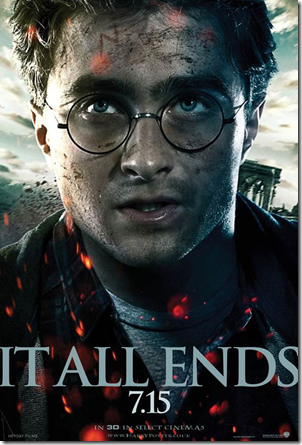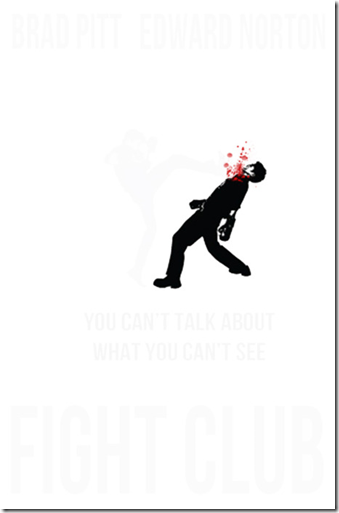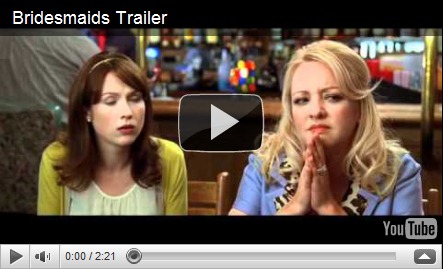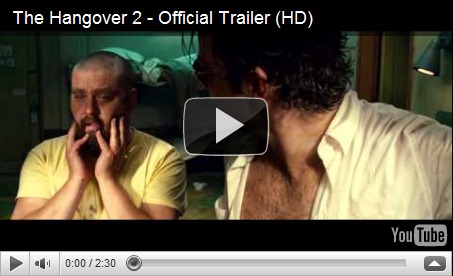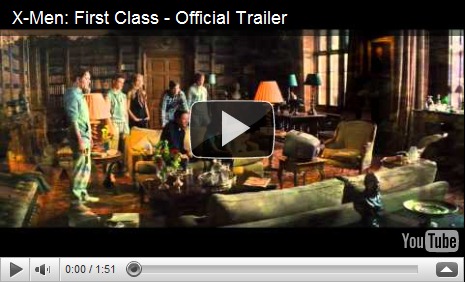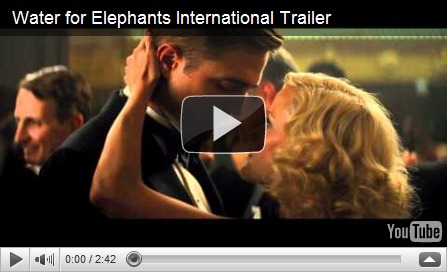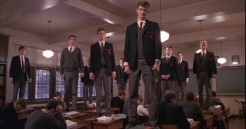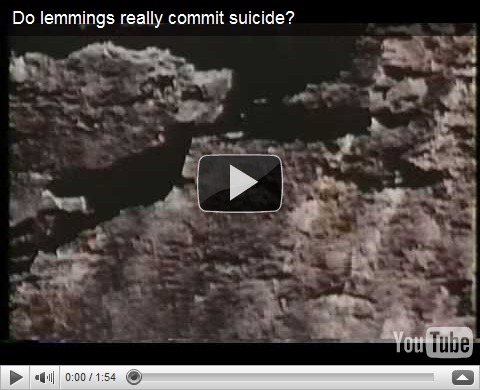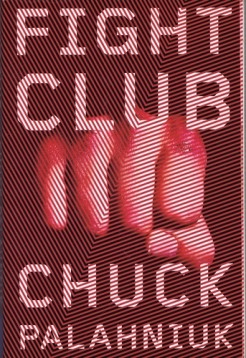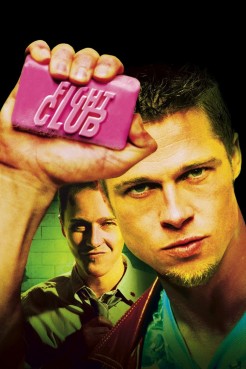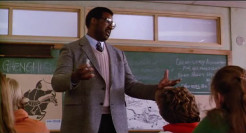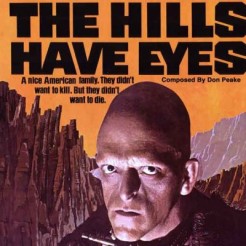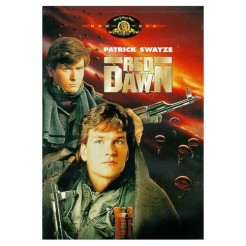The Star Telegram reports that 250-pound Dale Fout, who describes himself as “a pretty big guy, broad, not fat,” is suing 132-pound Brenda Godwin after she assaulted him for texting during a movie in a local theater.
Mr. Fout states::
"I got a text, and I responded to it because it was something important. It was something that was on a deadline situation, OK. I held it against my chest purposely where I could barely see it. ... I could text but hide the majority of the light coming from the phone.
She said something. I couldn't make it out. That's why I turned. She was probably saying something like, 'Get off your phone.' I turned, and she pushed. She just happened to push my neck at the time my neck was in an awkward position. Kinda like having a little fender bender, and you get a little whiplash in your neck, you know."
According to Godwin, she reached over and tapped him on the shoulder to get his attention.
The police stated that they remain neutral in these situations but added that "assault by contact is usually not something like this. It's usually a shove."
There are lots of things wrong here.
First, Fout’s first two sentences:
"I got a text, and I responded to it because it was something important. It was something that was on a deadline situation, OK.”
No Dale, not okay. If you are on a deadline, don’t go to the theater.
YOU ARE NOT PERMITTED TO TEXT DURING A MOVIE.
You are told so prior to the movie. I don’t care how close you held the phone to your chest.
YOU ARE NOT ALLOWED TO TEXT DURING A MOVIE.
If you’re on a deadline, stay home or set your goddamn phone to vibrate. When you feel the vibration, get up and leave the theater. Then text.
YOU ARE NOT ALLOWED TO TEXT DURING A MOVIE.
I also have a problem with a grown man suing a woman half his size for an assault which took place from a sitting position when, by his own admission, it did not include the punch or slap that he most certainly deserved.
A shove, Dale? From one bolted-down theater seat to another?
Have you forgotten what it is to be a man?
Texting in movie theaters has become an conundrum for me as well. When people choose to talk in theaters, either on the phone or to one another, I always go on the offensive to stop them. Standing up, I point myself in the direction of the offenders and let them have it, secure in the knowledge that the voices that I am hearing are surely being heard by others, and therefore I am doing everyone a favor by silencing them despite my temporary disruption.

I received a round of applause once for letting two women in the back row have it.
I once frightened an entire group of teenagers from a theater for talking during the show.
But texting is new and challenging for me. Yes, the glow of the goddamn cellphone is disturbing me, but it might only be disturbing me. The phone might be angled in such a way that only I can see it. If I were to rise and verbally assault the offender, as I have done in the past, I might be creating an even larger disruption that the rest of the theater does not need or want.
And the glow of a cellphone can reach far and wide, so in order to stop these idiots like Dale from disturbing the movie, I might have to talk over two or three rows of people just to get the offenders attention.
It’s a real problem. I’m still not sure what to do in these case.
But I have a proposal:
I would like movie theaters to run a new “No texting” request prior to the movie. It would require the assistance of a well-known, well-respected, utterly unimpeachable actor.
I choose Matt Damon, but others will do as well.
 Damon comes on the screen and says the following (in his original Boston accent):
Damon comes on the screen and says the following (in his original Boston accent):
Hi, I’m Matt Damon. Thanks for coming to the movies today. Listen folks, don’t turn on your cellphone until the movie is over. No talking, no texting, no checking IMDB halfway through the film to see what other movie you saw that guy in. None of that nonsense. Okay?
And listen, if you do turn on your cellphone to talk or text, I am charging the rest of the theater audience, all of you decent, sane, reasonable people who would never be so stupid as to start texting or talking during a movie, to immediately put a stop to it. Call that idiot out. Tell them to put the damn phone away. Shame the jackass into doing the right thing. And feel secure in the knowledge that you will be supported by the rest of your theater going brethren. And me.
Right everybody?
The people who make these movies have worked too hard to have their labors spoiled by some dumbass who can’t wait to text, and you have spent too much money to see this movie to let some dumbass spoil your enjoyment with his or her cellphone.
Sometimes it’s easier to take a stand when you are given permission to and when you are guaranteed support. I hereby give you permission, and your fellow audience members are now charged with instantly supporting you.
Go ahead dimwit. I dare you to text or talk now.
Enjoy the movie, folks.
My friends think I’m crazy, but I honestly believe that a message like this, delivered by an actor like Damon, would solve almost all our talking and texting problems.
Admittedly, it probably would not have deterred Dale, but no solution is ever 100% effective.
Any man who is willing to sue a woman for a tap or even a shove in a movie theater after being stupid enough to text is beyond help.
In Dale’s case, the woman should have clobbered him.
And I think Matt Damon would agree.







